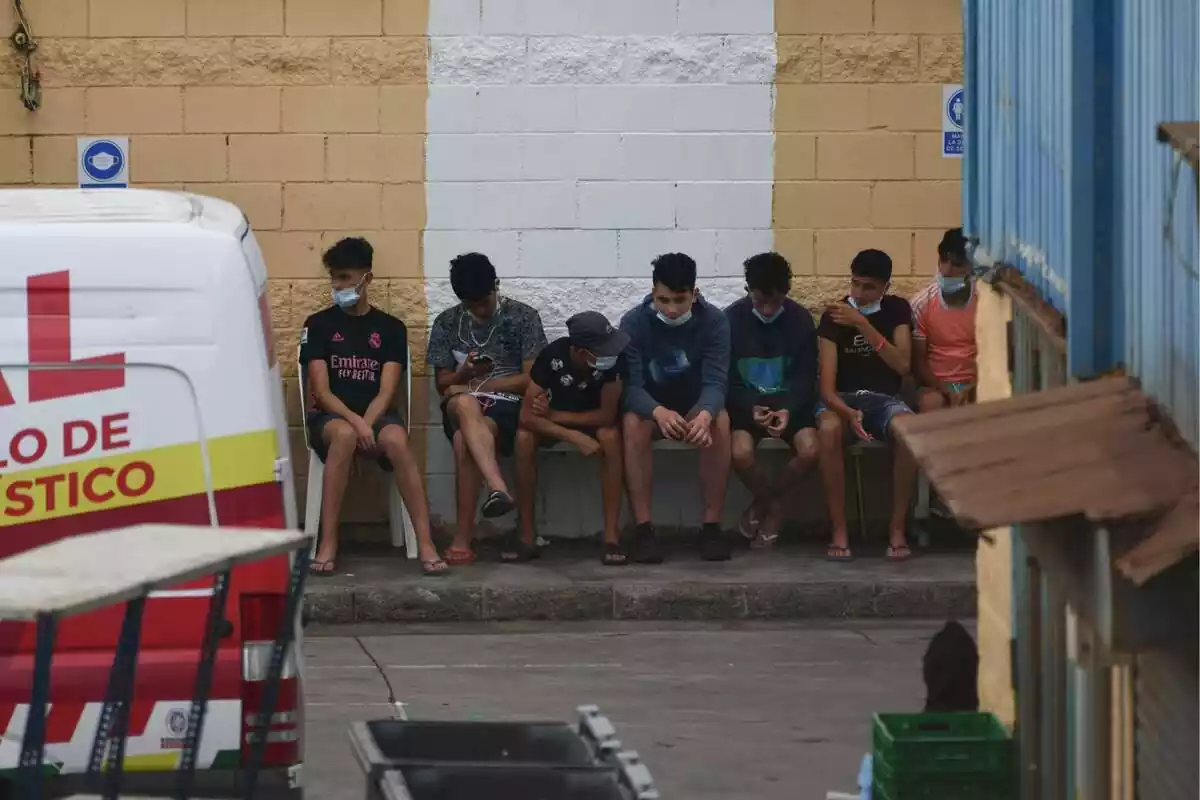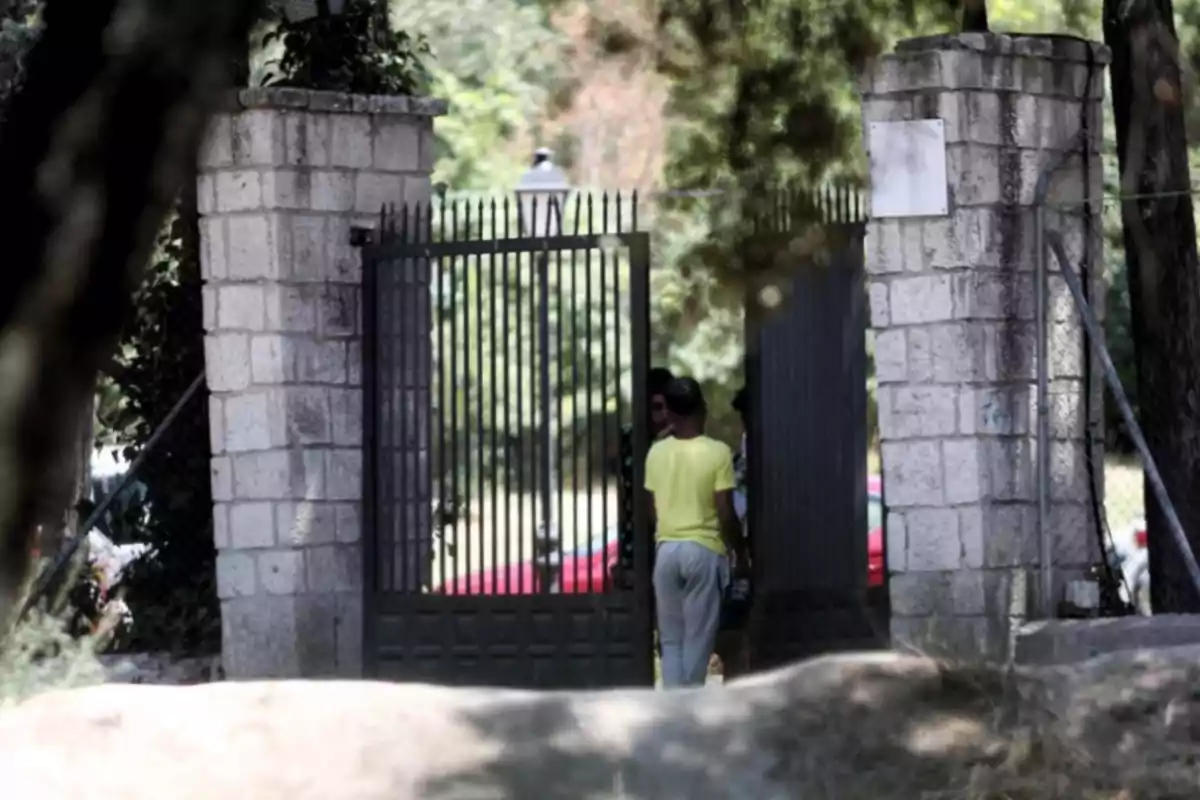
They admit that housing 'menas' costs more than €4,000 per month for each minor
The allocation for 'menas' far exceeds others such as disability or elderly care
The Ministry of Youth and Children has made clear the real cost of keeping a "mena" in Spain. In the spreadsheet that accompanies their new distribution proposal, the figure that most regions had been handling internally appears. That is, €145 per day per spot ($156.50/day), about €4,350 per month ($4,693.50/month). That is the level of spending that is now intended to be financed with only €35.75 per day ($38.60/day), a reduction of nearly 80% that has triggered a regional rebellion.
From the "real cost" to the "low cost model"
Castilla-La Mancha voiced the discontent after the failed Sectorial Conference on July 17. Their Minister of Social Welfare recalled that taking in the nearly 4,000 minors awaiting transfer from Canary Islands and Ceuta will cost about €250 million ($269.75 million) this year. With €100 million ($107.90 million), she explained, only the first three months of assistance are covered. Thus, the cost per minor would drop from €145 ($156.50) to €35.75 ($38.60).
PP regions boycotted the meeting, but they are not alone. Canary Islands and Castilla-La Mancha share the diagnosis of unfeasibility. All agree that the €145 ($156.50) figure was not generous: it was calculated in 2021 and includes contractual improvements that are now unavoidable, such as educator ratios and private security in the centers. They state that the cut would force them to "dismantle essential services or close facilities."

Catalonia confirms the calculation: €134.86 per day
The national discussion comes as Catalonia also published their own numbers. In a parliamentary response to Vox last March, the Departament de Drets Socials admitted that they spent €115.5 million ($124.65 million) in 2024 to care for 4,802 foreign minors. The data equals €134.86 per day ($145.55/day), or €4,045 per month ($4,367.55/month) per supervised youth. The figure far exceeds the €2,000 ($2,158) per month that Generalitat allocates on average to a residential spot for elderly or dependent people.
Moreover, in Catalonia, guardianship extends beyond the age of majority to facilitate labor integration. This extension further increases the expenditure. In addition, the administration acknowledges that they keep young people whose age is "doubtful" because the principle of vulnerability takes precedence. This explains why the DGAIA scandal occurred in a place like Catalonia.

A hole in social budgets
The data comparison confirms that €4,000 ($4,316) per month is the minimum range for "dignified" care, as required by law. If applied to the 3,975 minors that the Government wants to relocate, the annual cost approaches €190 million ($205.01 million). The promised contribution of €100 million ($107.90 million) only covers 53% of the outlay, and it is also exhausted in the first quarter. The regions would have to finance the remaining nine months without state funds.
In Catalonia, the problem is structural. The number of minors served has doubled since 2022, and social services warn of saturation. Sector unions are calling for more permanent staff and denounce temporary contracts that prevent building strong educational bonds. Meanwhile, the political debate revolves around "equity" in resource distribution: the opposition questions allocating twice as much to "menas" as to elderly dependents.
Open scenarios
The Ministry insists that care is a regional responsibility and that their contribution is intended to cover only the emergency phase. The regional ministries reply that the system will collapse if the daily figure doesn't return to €145 ($156.50). They even threaten to challenge the distribution decree before the Constitutional Court.
Meanwhile, Catalonia, Basque Country, and Navarra are exempt from the mandatory quota, although Generalitat offers to take in at least 31 minors. That gesture doesn't ease the budgetary tension. With each spot valued at more than €4,000 ($4,316), the commitment adds €1.5 million ($1.62 million) annually to Catalonia's bill.
More posts: